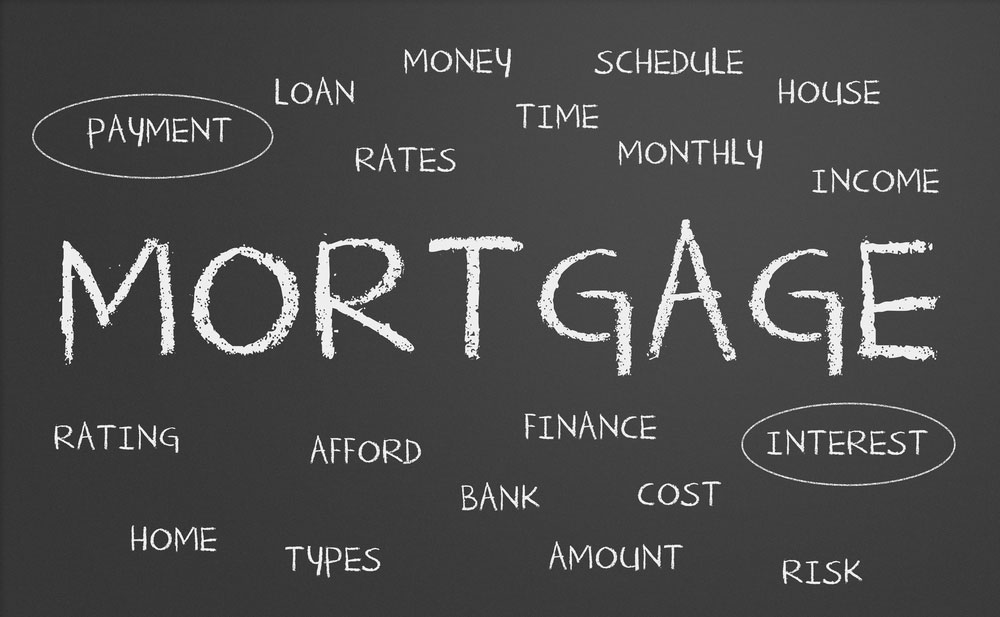Mortgage rates can be temperamental. The rate the Federal Reserve charges is one of the factors that influence the rate your lender charges you for a mortgage. Not surprisingly, global economic factors come in to play when deciding mortgage rates. The recent problems connected to COVID-19 that originated in Wuhan, China, have caused some changes in the market that are worth noting. If you’re entering the mortgage market in the coming months, understanding these trends will help you make better decisions.
Mortgage Rates Down with Coronavirus Concerns
As of February 1, 2020, mortgage rates were down over the same time last year. For the week ending January 30, the average 30-year-fixed mortgage rate was 3.51 percent. That was almost a full percentage point less than the same time the previous year. For 15-year mortgages, the rate was even lower at 3 percent. These drops happened around the same time the global impact of the coronavirus became a reality.
Mortgage Rates at Multi-Year Low, and Could Go Lower
While only time will tell what the overall impact of the coronavirus will be, mortgage rates are currently at a multi-year low. This trend is likely to continue as concerns over the virus remain high.
The overall impact of the coronavirus on mortgage rates is fluid and may continue until the virus begins to slow, or a vaccine is made available? As an example, the SARS outbreak of the early 2000s had a similar impact on mortgage rates.
Some experts opine that these drops are likely temporary and suggest that when the coronavirus fears stall, mortgage rates might start increasing again.
What Does This Mean for Homeowners?
For homeowners, temporary drops in interest rates mean it is an excellent time to consider a refinance. Generally speaking, if you can lower your interest rate by at least 2 percent, it makes sense to refinance, even with the closing costs created in the process. Keep an eye on the interest rate changes, and consider a refinance if you stand to save.
What Does This Mean for Home Buyers?
If you’re considering entering the market as a buyer, the lowered interest rates mean now is an excellent time to buy. Your mortgage could be one of the lowest in a few years, and if you buy now, you can avoid the upswing that is likely when the coronavirus outbreak is lessened.
No matter where you are in the home buying or ownership process, it’s a good idea to keep an eye on mortgage rates. As the coronavirus epidemic continues to change, chances are high mortgage rates will as well.


